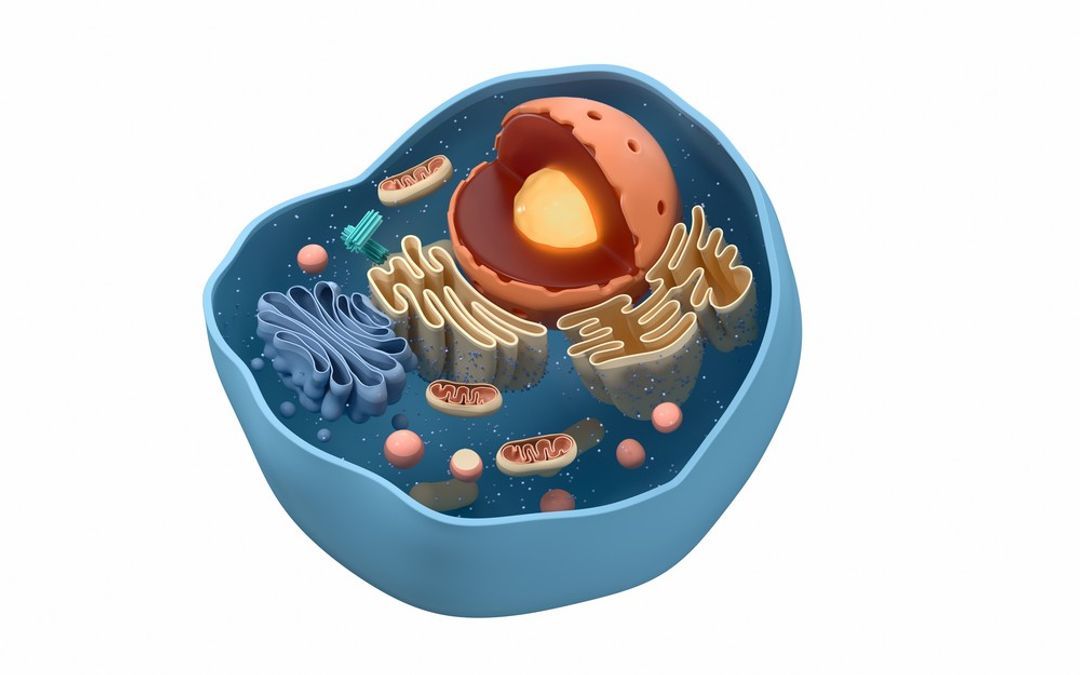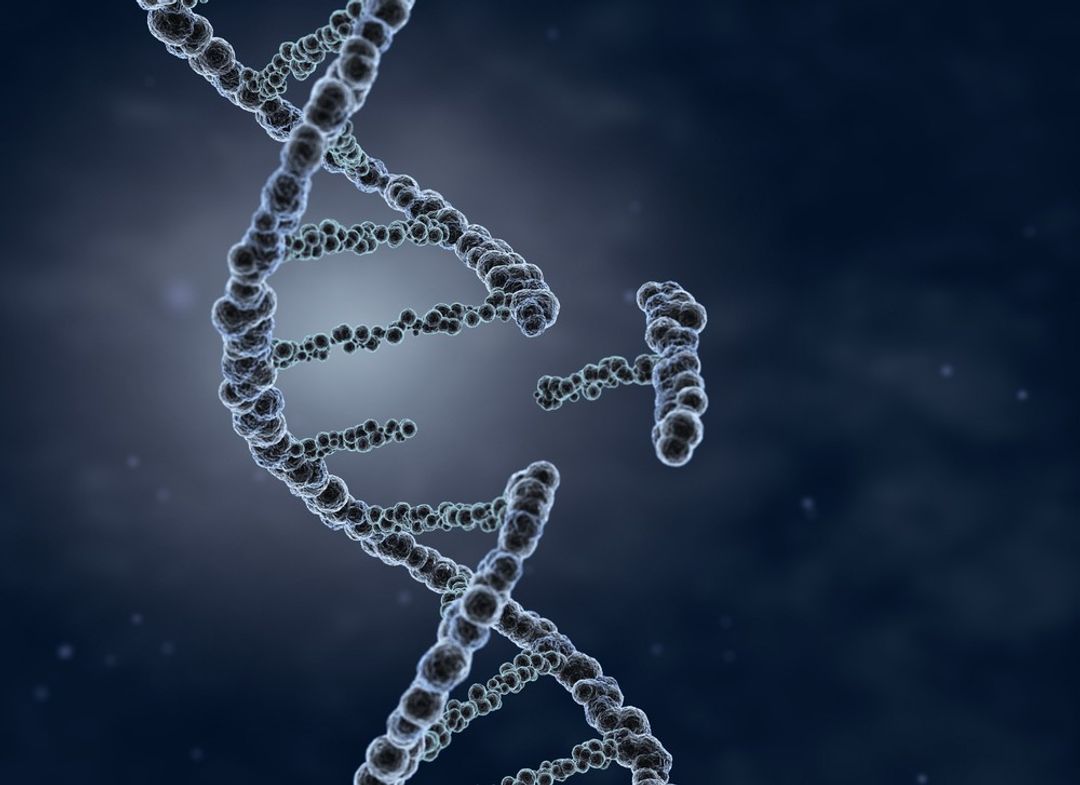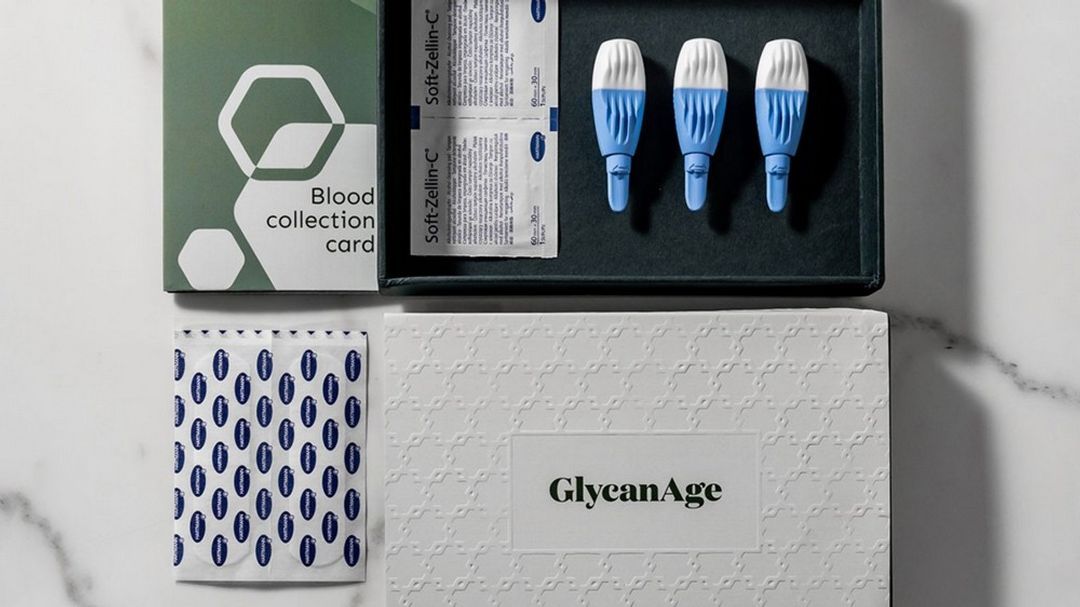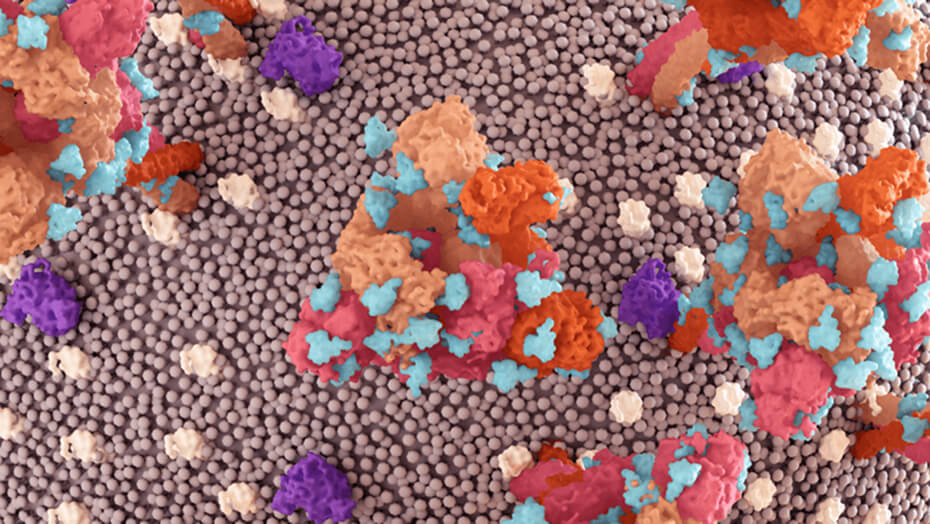Do NAD Supplements Work to Promote Longevity? An In-Depth Look
Explore the importance of NAD for longevity based on scientific research. Discover NAD supplements’ benefits and side effects in enhancing life expectancy.
Introduction
In the quest for longevity, science has uncovered a crucial player: nicotinamide adenine dinucleotide (NAD). This coenzyme, present in all living cells, is a key player in our body's energy metabolism and cellular repair mechanisms. But its role extends beyond these functions, with emerging research suggesting it has a potential role in promoting healthier, longer lives.
But what exactly is NAD, and how does it contribute to longevity? And most importantly, how can we harness its power to increase our lifespan and overall health? This comprehensive guide delves into the science behind this life-enhancing molecule, its connection to ageing and the practical ways to boost NAD levels in our bodies.
What Is NAD?
Nicotinamide adenine dinucleotide (NAD) is a coenzyme found in every cell in your body. It plays a vital role in energy metabolism and is essential for the functioning of your cells. Without NAD, your cells wouldn't be able to metabolise carbohydrates, fats and amino acids to produce energy.
 NAD is not just a molecule; it's a linchpin that keeps your cellular machinery running smoothly. It plays a key role in what scientists call 'redox reactions', transferring electrons from one reaction to another within the cell. These reactions are crucial for producing ATP, the energy currency that powers everything the cells do. Moreover, NAD also plays a significant role in DNA repair, immune response and cell signalling, making it indispensable for maintaining cellular health.
NAD is not just a molecule; it's a linchpin that keeps your cellular machinery running smoothly. It plays a key role in what scientists call 'redox reactions', transferring electrons from one reaction to another within the cell. These reactions are crucial for producing ATP, the energy currency that powers everything the cells do. Moreover, NAD also plays a significant role in DNA repair, immune response and cell signalling, making it indispensable for maintaining cellular health.
As we age, NAD levels in our body naturally decrease. This decline has been linked to various age-related diseases such as diabetes, heart disease, Alzheimer's and even cancer. By maintaining optimal NAD levels, we could potentially delay the onset of these conditions and enhance our lifespan.
The Science behind NAD and Longevity
 The potential of NAD to promote longevity has been a topic of extensive scientific research. In animal models, boosting NAD levels has been shown to improve healthspan and lifespan, suggesting a potential role for NAD in human longevity. However, good-quality studies in humans exploring the effects of NAD supplementation on healthspan and lifespan are still lacking.
The potential of NAD to promote longevity has been a topic of extensive scientific research. In animal models, boosting NAD levels has been shown to improve healthspan and lifespan, suggesting a potential role for NAD in human longevity. However, good-quality studies in humans exploring the effects of NAD supplementation on healthspan and lifespan are still lacking.
One groundbreaking study found that older mice given a NAD precursor showed improved muscle function, better DNA repair and extended lifespan [1]. Another study in yeast cells showed that boosting NAD levels could extend their lifespan by activating the Sir2 gene, a key regulator of longevity [2].
In humans, preliminary research suggests that NAD boosters could have potential benefits for ageing and age-related diseases. One 2020 study highlights that alterations in NAD+ homeostasis can be found in virtually all age-related diseases, including neurodegeneration, diabetes and cancer [3]. Another 2016 study discusses the remarkable abilities of NAD+ and sirtuins to prevent diseases and even reverse some aspects of ageing [4].
While the research is promising, it's important to note that the science of NAD and longevity is still evolving. The consensus in the scientific community is that while NAD appears to play a crucial role in ageing, more research is needed to fully understand this role and how we can harness it to promote longevity in humans.
How Can I Increase My NAD Naturally?
 Fasting and Calorie Restriction
Fasting and Calorie Restriction
When in a state of fasting or calorie restriction, the body needs to be more efficient with its energy use. This efficiency is achieved through a process known as metabolic adaptation, which involves changes in the body's metabolism to conserve energy. One of these changes is the increased production of NAD.
Dietary Considerations
Diet also plays a crucial role in maintaining NAD levels. Consuming a balanced diet rich in lean proteins, whole grains, fruits and vegetables can help. Certain foods, such as milk, fish and mushrooms, are particularly high in niacin, a precursor to NAD.
Limiting Alcohol and Sun Exposure
Excessive alcohol consumption and sun exposure can deplete your body's NAD levels. Alcohol is metabolised by enzymes that use NAD, reducing its availability. Similarly, sun damage to the skin requires NAD for DNA repair, which can lead to its depletion. Therefore, moderating alcohol intake and protecting your skin from excessive sun can help maintain healthier levels of the coenzyme.
Exercise
 Regular exercise is another effective way to boost NAD levels naturally. Exercise stimulates the production of an enzyme called Nampt, which is involved in the production of NAD. Therefore, regular physical activity can help maintain optimal NAD levels and promote overall health and longevity.
Regular exercise is another effective way to boost NAD levels naturally. Exercise stimulates the production of an enzyme called Nampt, which is involved in the production of NAD. Therefore, regular physical activity can help maintain optimal NAD levels and promote overall health and longevity.
Reducing Stress Levels
When you're stressed, your body uses up more NAD to generate energy and combat the physiological effects of stress. Therefore, managing stress effectively can help maintain and even boost your NAD levels. Techniques such as mindfulness, meditation, yoga, and deep breathing exercises can all contribute to stress reduction.
Getting Enough Sleep
Sleep deprivation can lead to a decrease in NAD levels, which can negatively impact these processes. Therefore, getting enough sleep is important not only for maintaining overall health but also for maintaining adequate levels of NAD in the body.
NAD Boosting Supplements
 What Are NAD Boosters?
What Are NAD Boosters?
NAD boosters are supplements designed to increase the levels of NAD in your body. They often contain precursors to NAD, that is, the compounds that the body converts into NAD, such as nicotinamide riboside (NR), nicotinamide mononucleotide (NMN) and niacin, or NAD+ itself.
How Do NAD Boosters Work?
The idea behind NAD boosters is to provide your body with the raw materials it needs to produce more NAD. Once ingested, your body converts the NR or NMN into NAD, helping to replenish the declining levels of NAD that occur with age.
 Benefits and Potential Side Effects
Benefits and Potential Side Effects
Research has shown several benefits of NAD supplementation in animal models, including:
-
Improved muscle and brain function
-
Increased energy levels
-
Improved cardiovascular health
-
Protection against neurodegenerative diseases
-
Better DNA repair and cellular function
-
Stronger immune response
-
Potentially extended lifespan [5].
However, as with any supplement, NAD supplements can also have potential side effects, such as:
-
Nausea and indigestion
-
Fatigue
-
Headaches
-
Skin flushes
-
Dizziness
-
Increased heart rate
-
Insomnia.
It's always important to consult with a healthcare professional before starting any new supplement regimen.
Potential Future Applications of NAD
 As our understanding of NAD and longevity continues to grow, so too do the potential applications. In the future, we may see new therapies designed to boost NAD levels and promote healthy ageing, potentially extending lifespan and improving quality of life in our later years.
As our understanding of NAD and longevity continues to grow, so too do the potential applications. In the future, we may see new therapies designed to boost NAD levels and promote healthy ageing, potentially extending lifespan and improving quality of life in our later years.
NAD, particularly through its precursor Nicotinamide, is being explored for potential applications in treating various health conditions, including neurological and psychological disorders, and may also be considered as a dietary supplement for preventive measures against age-related diseases.
However, while the potential applications of NAD precursors are promising, it's crucial to note that high doses can alter cellular functions, necessitating further research to ensure their safe usage.
Unlock Your Longevity Potential with GlycanAge
The GlycanAge biological age test is a revolutionary tool that provides a unique perspective on your health and longevity. Unlike other tests that focus on telomere length, GlycanAge analyses glycans in your blood to determine your biological age, offering a more accurate reflection of your overall health and ageing process.

This test is based on 15 years of scientific research and over 200,000 tests, making it a reliable and scientifically proven method to assess your biological age. It's a simple at-home process where you collect a small blood sample and send it to our lab. Within about three weeks, you will receive a comprehensive report detailing your biological age according to your glycans.
But what does this have to do with NAD and longevity? Well, understanding your biological age can provide insights into how well your body is ageing at the cellular level, where NAD plays a crucial role. By knowing your biological age, you can make lifestyle adjustments, such as boosting your NAD levels, to potentially slow down the ageing process and improve your healthspan.
It's time to unlock your potential for a longer, healthier life. Start your journey and order a GlycanAge test today.
Conclusion
NAD is more than just a molecule; it's a crucial part of our cellular machinery that could hold the key to a longer, healthier life. By understanding NAD and how to maintain optimal levels, we can potentially delay the onset of age-related diseases and enhance our lifespan. As research continues to evolve, the future of NAD and longevity looks promising.
Whether through lifestyle changes, diet, exercise or supplements, there are several ways to boost your NAD levels and potentially reap the benefits of this remarkable molecule. One of the ways to monitor the effectiveness of these changes is through the GlycanAge biological age test. This test provides a unique perspective on your health and longevity, offering a more accurate reflection of your overall health and ageing process.
So, are you ready to take control of your health and longevity? Discover your biological age today with the GlycanAge test.
References
-
https://www.nature.com/articles/456433a
-
https://onlinelibrary.wiley.com/doi/10.1111/j.1474-9726.2007.00304.x
-
https://www.nature.com/articles/nrm.2016.93
-
https://www.nature.com/articles/s42255-019-0161-5
-
https://www.science.org/doi/10.1126/science.aaf2693
-
https://www.mdpi.com/2218-273X/10/5/687


